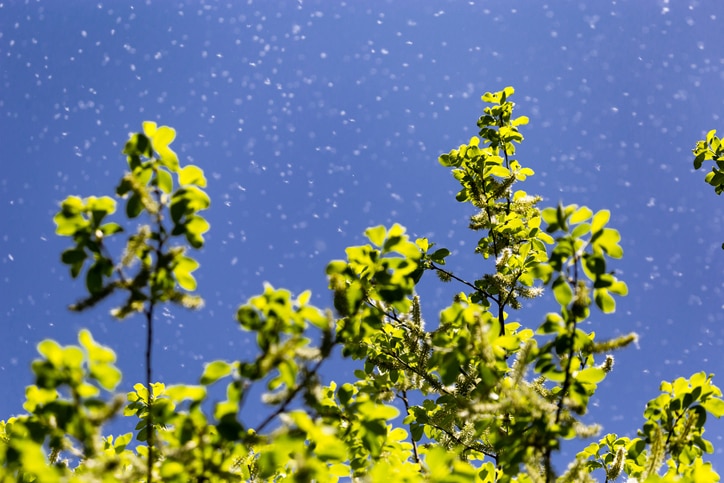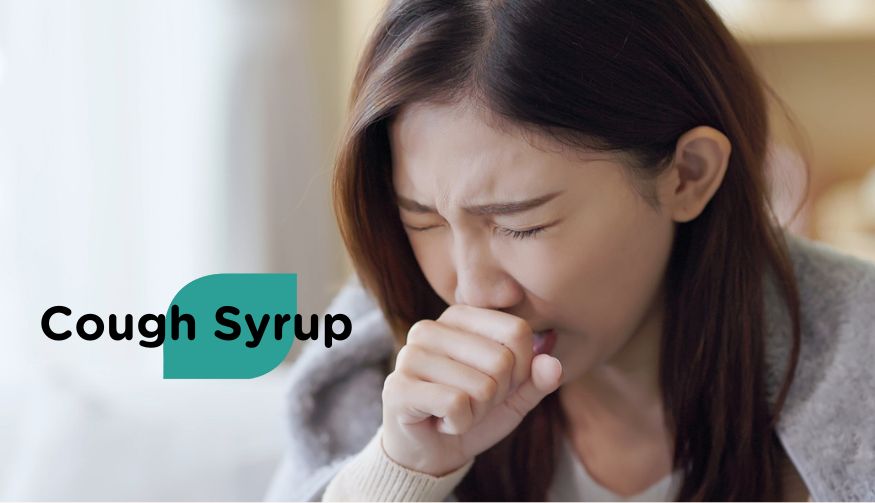Allergic rhinitis, also called hay fever, can make you feel miserable and tremendously affect your performance at work. Keep on reading and find out the common symptoms, treatment, and remedies of this atopic disease.
Symptoms of allergic rhinitis
People with allergic rhinitis generally experience cold-like symptoms, which could worsen between spring and summer, when trees bloom and pollen count is at its highest. Unlike a cold, hay fever can last for weeks or months.
- Nasal congestion
- Sneezing
- Runny nose
- Coughing
- Itchy nose & throat
- Red, itchy & watery eyes
- Headaches
- Trouble breathing or loss of smell
- Dark circles under the eyes
- Fatigue
What causes allergic rhinitis?
Allergic rhinitis (hay fever) is an allergic reaction to irritants (allergens) in the air. When you breathe in allergens through your nose or mouth, your body produces antibodies and signals your immune system to release chemicals into your bloodstream that leads to the signs and symptoms of hay fever. Common triggers include…
- Pollen from trees, grass & weeds
- Mold spores
- Dust mites
- Flakes of skin or droplets of urine or saliva from animals with fur or feathers
- Cigarette smoke
- Strong odors, such as perfume, air freshener or hair spray

Treatment & remedies
There’s no cure for this atopic disease, but you can treat it in several ways, like medications, eye drops and nasal sprays. Here are also remedies to ease your symptoms and prevent it from occurring.
- Wear glasses or sunglasses when outdoors to keep pollen out of your eyes
- Keep windows shut during high pollen periods
- Vacuum regularly
- Wash your hands after petting any animal
- Shower and change your clothes after you have been outside to wash pollen off
- Put Vaseline around your nostrils to trap pollen
If your symptoms do not improve after taking medicines or remedies, please get help from a doctor.












